|
|
|
Editor's note
|
|
If you are based in England or Wales, you are probably heading back to work today after the summer bank holiday weekend. Was it a heavy one? Did “the sun go to your head”? Well, if you are reflecting on what you got up to and thinking, never mind, I just had a little too much to drink – I wasn’t really myself, then you’re in for a shock. Because, new research from Kathryn Francis and colleagues suggests that alcohol actually does nothing to
shift your sense of morality. The demon drink, it seems, does not change people’s personalities.
Meanwhile, have a look at what our authors think should have been agreed at the G7 and take the time to listen to this fantastic podcast on the protests in Hong Kong, produced by The Conversation’s
Melbourne bureau and presented by Justin Bergman and Sunanda Creagh.
|
|
|
Top stories
|
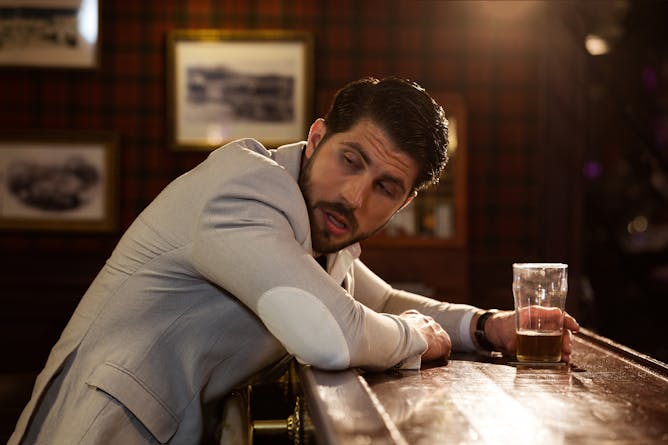
Dean Drobot/Shutterstock
Kathryn Francis, University of Bradford
You've no one to blame but yourself, according to science.
|
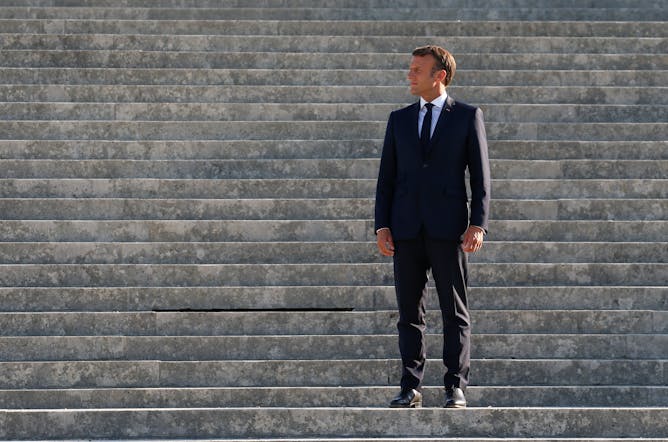
French president, Emmanuel Macron has set his sights on tackling inequality.
EPA-EFE / Pascal Rossignol
Andrew Baker, University of Sheffield; Richard Murphy, City, University of London
A fundamental driver of inequality is the race to the bottom in how governments set their corporate tax rates.
|
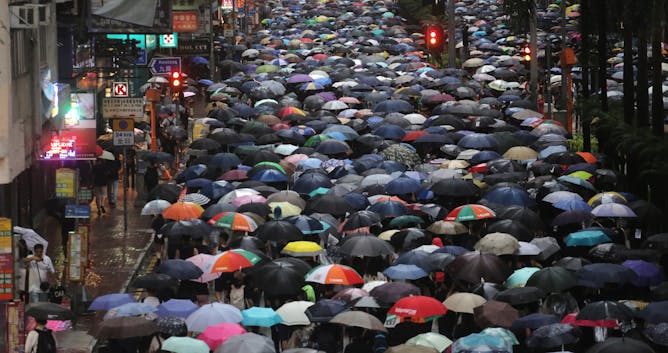
Protesters holding umbrellas amid heavy rain march in an anti-government rally in Wan Chai, Hong Kong.
AAP/EPA/VIVEK PRAKASH
Sunanda Creagh, The Conversation; Justin Bergman, The Conversation
Hong Kong leader Carrie Lam has indicated she's open to dialogue. But unless she meets the demonstrators' demands, the protest movement isn't going to end anytime soon.
|
Environment + Energy
|
-
Claire F.R. Wordley, University of Cambridge
While the world watches the Brazilian Amazon burn, across the border in Bolivia it’s also ablaze.
-
Jos Barlow, Lancaster University; Alexander C. Lees, Manchester Metropolitan University
Rainforest species didn't co-evolve with fire – and even a low intensity wildfire can kill half the trees.
-
Will Meredith, University of Nottingham; Colin Snape, University of Nottingham
New research uses a different technique to give a much lower estimate.
-
Susan Conlon, University of Bristol; Kevin Lane, Universidad de Buenos Aires
Peruvian glaciers have shrunk by 25% since 1987, causing water shortages in rural villages. But ancient technology could help manage this precious resource.
|
|
Politics + Society
|
-
Ivan Kozachenko, University of Cambridge
Ukraine is struggling to assert its national identity and unite against pressure from Russia.
-
Jens Lei Wendel-Hansen, University of Southern Denmark
Greenland and Denmark have a complicated history, but the connection runs deeper than economic convenience.
-
Tasawar Ashraf, Glasgow Caledonian University
A ceasefire with the Taliban won't make it safe to send more refugees back to Afghanistan.
|
|
Health + Medicine
|
-
Mark Postans, Cardiff University; Carl J Hodgetts, Cardiff University
Scientists explain why commercial gene testing should be used with caution.
-
Bobby Graham, Queen's University Belfast; Ciaren Graham, Queen's University Belfast
We need to change diagnosis of ovarian cancer from late stage to early - scientists make steps
-
Alessia Visconti, King's College London
It seems genes have a greater influence than previously thought not only on the number of moles you have but also where they are on your body.
|
|
Arts + Culture
|
-
Stuart Price, De Montfort University
BBC presenter John Humphrys seems to think the school of hard knocks is superior to academe. He's wrong.
-
Maria Flood, Keele University
This selection of films shows the problem of extremism in its complexity, examining how real people can become radicalised.
|
|
Science + Technology
|
-
Arthur Loureiro, UCL
If we want an improved theory of particle physics, understanding neutrino masses is key.
-
Alice Rudge, UCL
A study of Batek hunter-gatherers from Malaysia shows how laughter can shape our ethical values.
|
|
Education
|
-
David Glynne-Percy, University of Brighton
New research shows that extra-curricular activities do more to help close the attainment gap between richer and poorer pupils than nebulous lessons in 'character'.
|
|
Business + Economy
|
-
Julie Robson, Bournemouth University; Jillian Dawes Farquhar, Solent University
Trust has been broken, and will not be easily fixed.
|
|
| |
Featured events
|
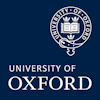
|
Rewley House, 1 Wellington Square, Oxford, Oxfordshire, OX1 2JA, United Kingdom of Great Britain and Northern Ireland — University of Oxford
|

|
Institute of Mental Health, University of Nottingham Innovation Park, , Nottingham, Nottingham, NG7 2TU, United Kingdom of Great Britain and Northern Ireland — University of Nottingham
|

|
34 Broad Street, Oxford, Oxfordshire, OX1 3BD, United Kingdom of Great Britain and Northern Ireland — University of Oxford
|
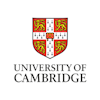
|
Cambridge Judge Business School, Trumpington Street, Cambridge, Cambridgeshire, CB2 1AG, United Kingdom of Great Britain and Northern Ireland — University of Cambridge
|
|
|
|
| |
| |
| |
| |
| |
|
|
|
|
|
|
|